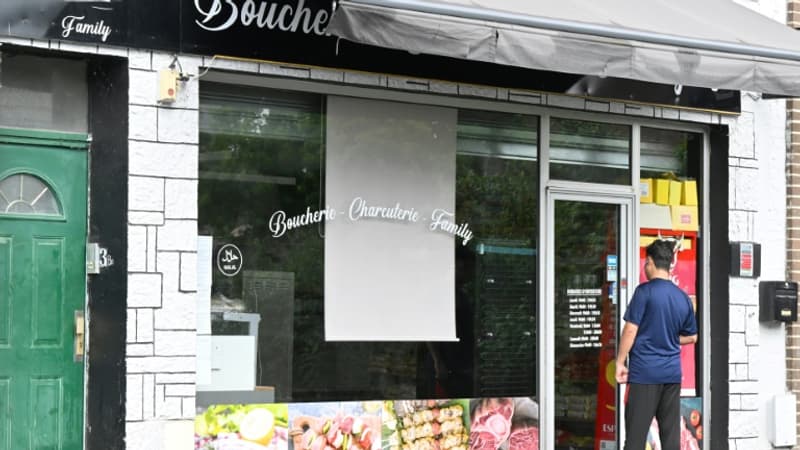Four patients contaminated by Escherichia coli bacteria (E. coli) in AISNE, in relation to meat consumption purchased in butchers, are still hospitalized, said on Monday, July 7, BFMTV. In total, 32 cases have been identified since the beginning of the alert.
In recent days, the National Reference Laboratory (LNR) and the National Reference Center (CNR) of the Pasteur Institute have made thanks to the samples taken in the closed butchers of the city.
On the side of the advancement of the health survey, the Prefecture affirms that the first results “provide an irrefutable correspondence test between the bacteria found within several of the butchers or the meat they have marketed and the bacteria found in several patients.”
“These results allow establishing a formal biological bond between the place of supply and the pollution of the patients,” added the signing of the prefect.
The “considered closed” health survey
In this stage of research, the Prefecture has declared that the health survey “considers closed.” However, it continues in the judicial component under the direction of the Paris prosecutor’s office, responsible for identifying responsibilities.
The prosecution of Saint-Quentin, which had opened a preliminary investigation by the leaders of “involuntary homicide”, “involuntary injuries”, “endangering” and “deception aggravated by the endangeration of human health,” died on June 25 in favor of the Public Health Center of the Paris prosecutor’s office, with respect to the number of victims of the victims and the complexity of the victims and the complexity of the investments.
To combat the poisoning wave, Aisne prefecture requires respecting several recommendations: throw meat (even frozen) bought since June 1 in closed butchers, or clean the refrigerators and freezers where meat has been stored.
It is also recommended to wash your hands after preparing the food or after going to the bathroom to limit the risk of secondary transmission.
Source: BFM TV


